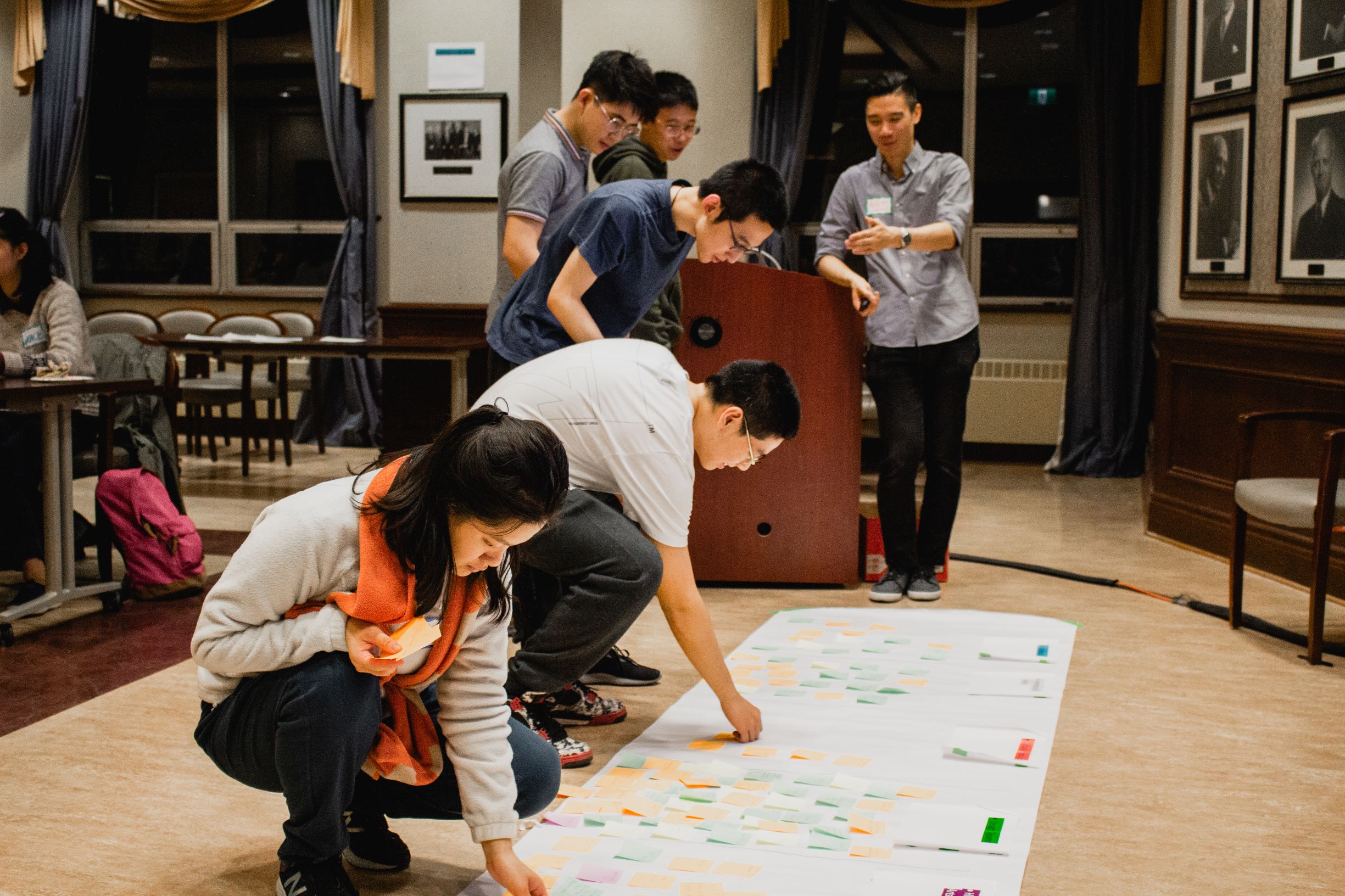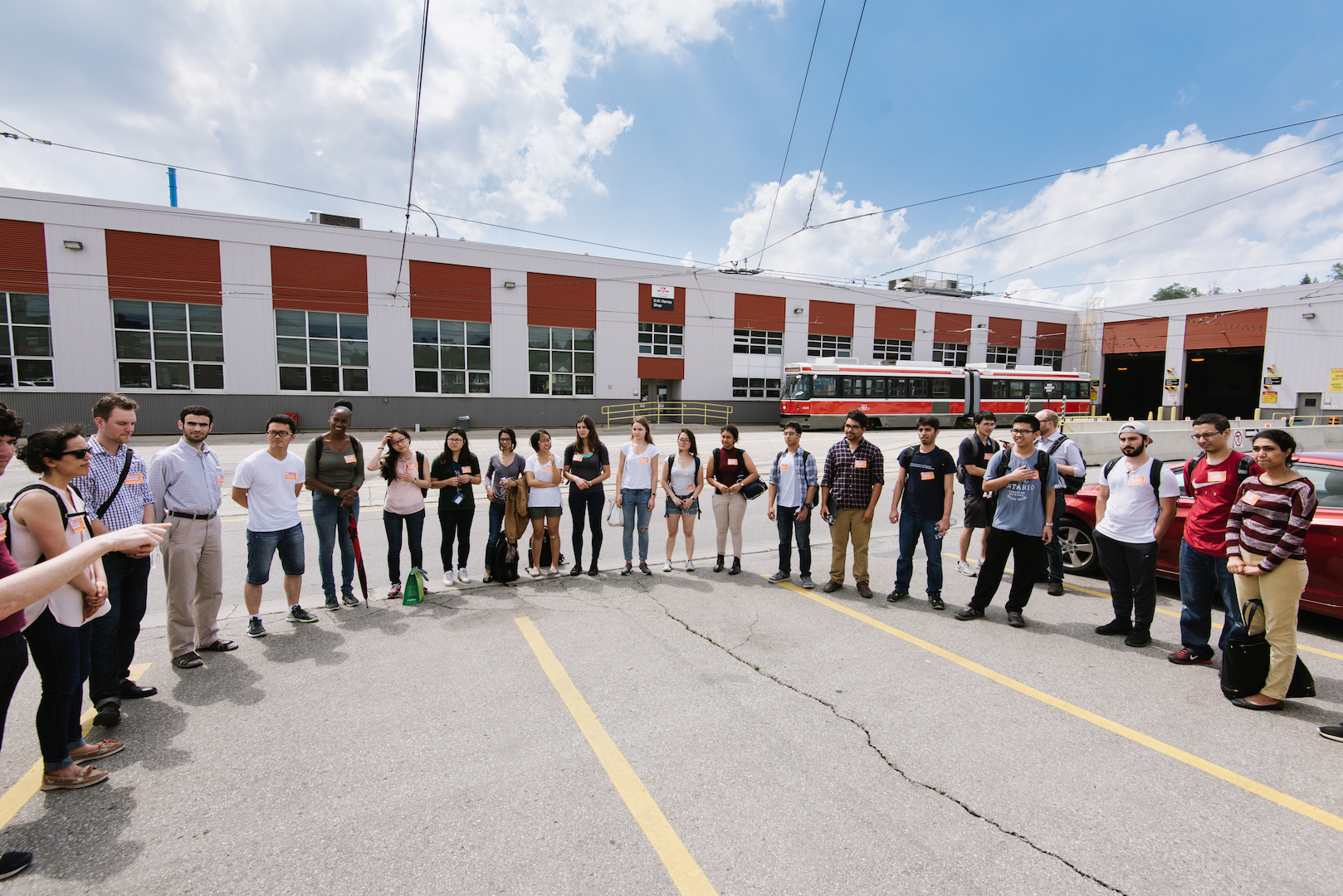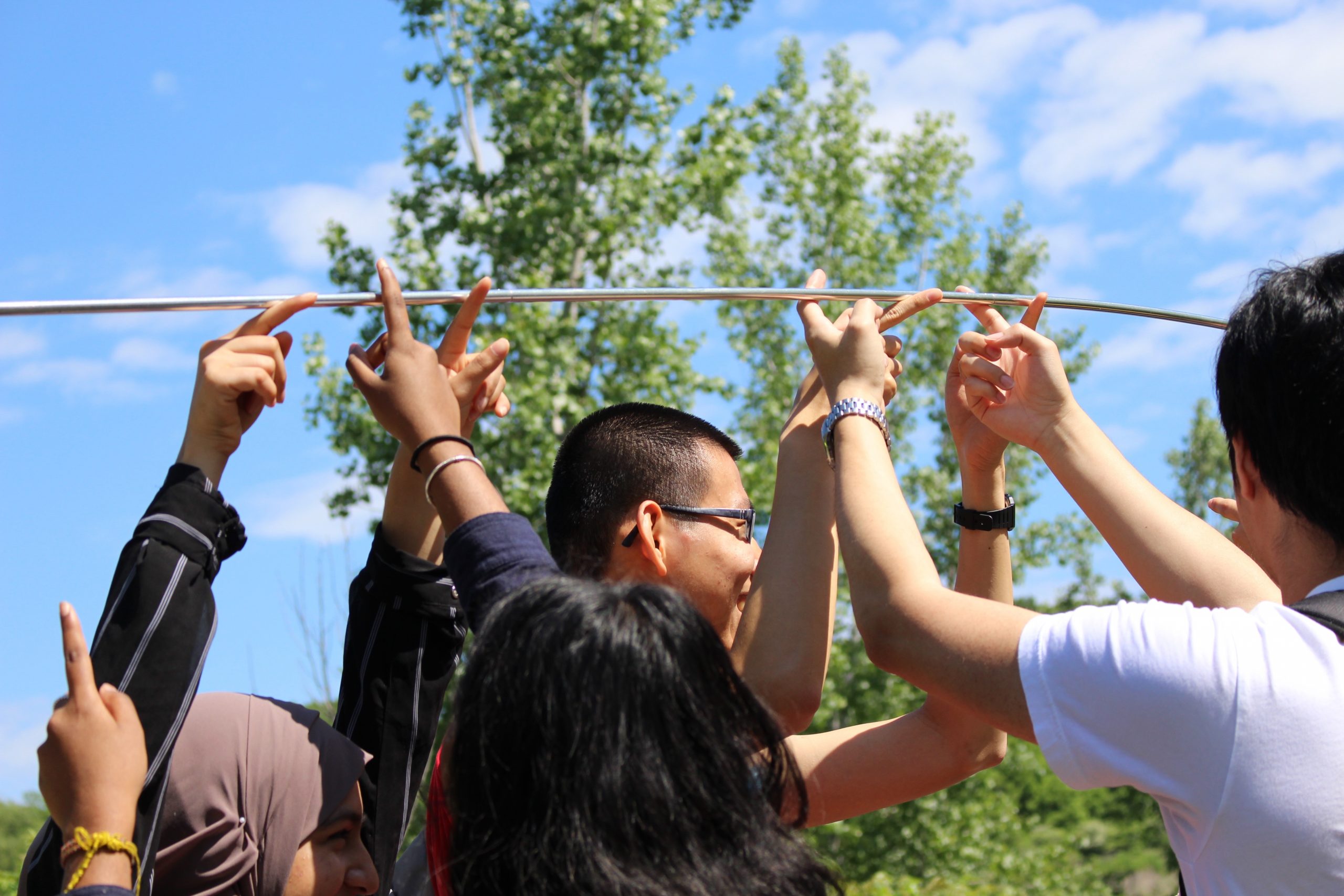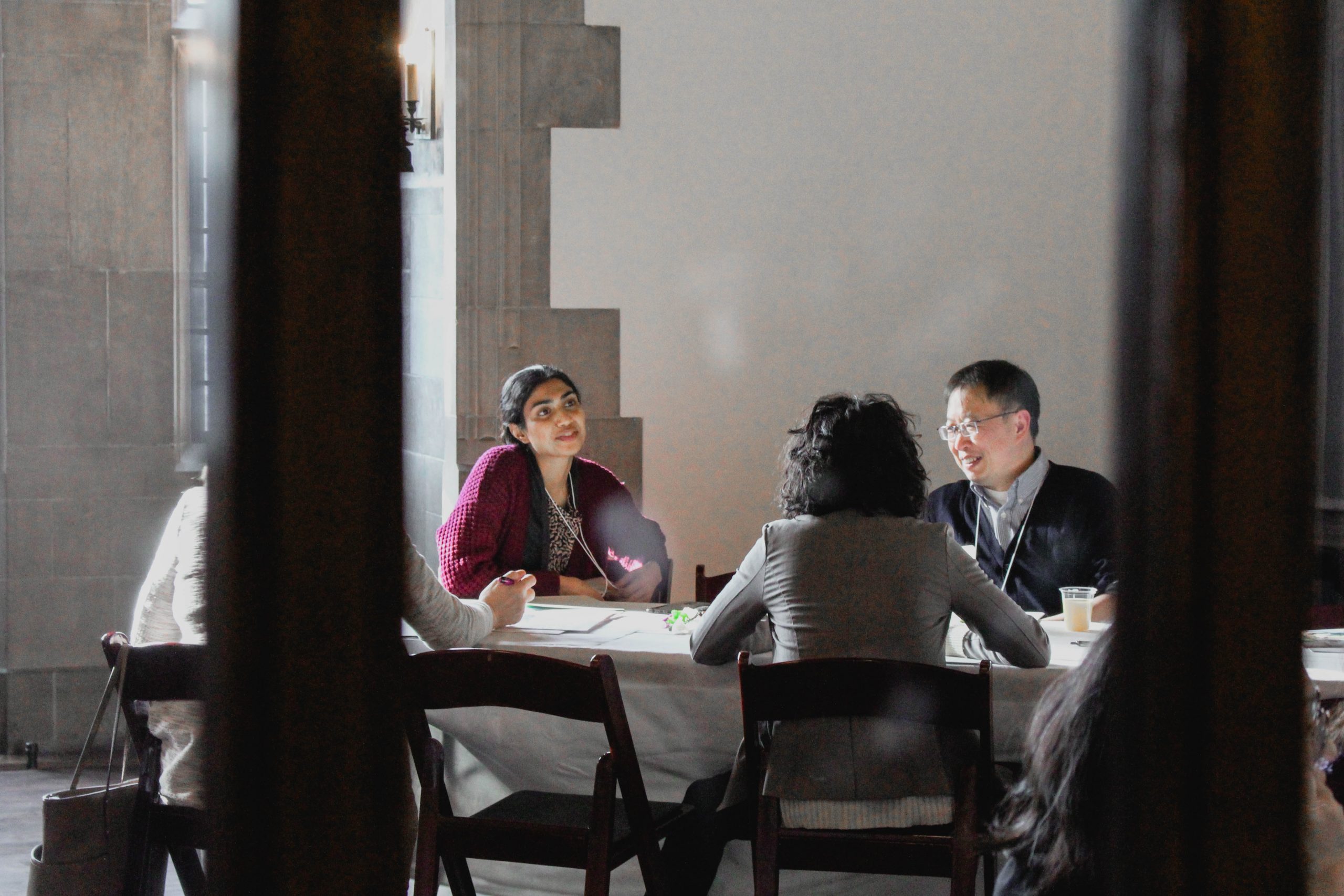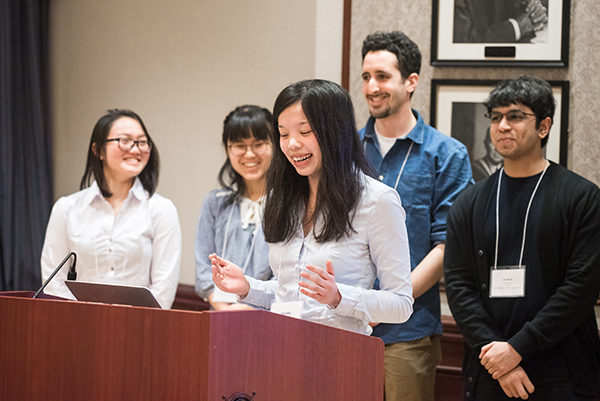Integrating Explicit Team-effectiveness Instruction in Large Classes
Project Overview
This research project focuses on integrating team, self and peer-feedback into team and project-based courses. The aim is to help students understand how they behave in teams, and provide them with the scaffolding to improve their behaviour.
TELS has been successful in developing student and instructor awareness of, and support for, team learning. As of May 2020, TELS has been integrated into 22 courses across the Faculty of Applied Sciences and Engineering.
Funders
This project has been funded by the Higher Education Quality Council of Ontario and the Social Sciences and Humanities Research Council. Commercialisation of TELS is supported by MaRS Innovation.

Phase One
Analyzed how inventory-based and free form feedback affected students’ efforts to improve their behaviour in teams.
Phase Two
Implemented our inventory in an online Team-effectiveness Learning System (TELS). The system combines students’ self- and peer-feedback with teamwork lessons and exercises.
Phase Three
We are now following several teams through their first-year design course to determine how students leverage the behaviours in the inventory to make their teams effective or ineffective.
Successes
This project has been demonstrated by the integration of TELS in over 22 courses across the Faculty of Applied Science and Engineering since May 2020, and through the current commercialisation venture to bring TELS to other universities.
Project Overview
Engineering Ethics & Equity Education (2015 - ongoing)
This Engineering Instructional Innovation Project (EIIP) involves the development of case studies and workshops to facilitate the instruction of ethics and equity in engineering.
We have conducted fifteen career history interviews with professional engineers, centred on an ethical dilemma faced in their professional lives. We then anonymized these research-based case studies and integrated them into the engineering classroom.
The project will result in the development of an accessible repository of case studies to be used by faculty across engineering disciplines. An undergraduate course has been developed and approved on the basis of this research.
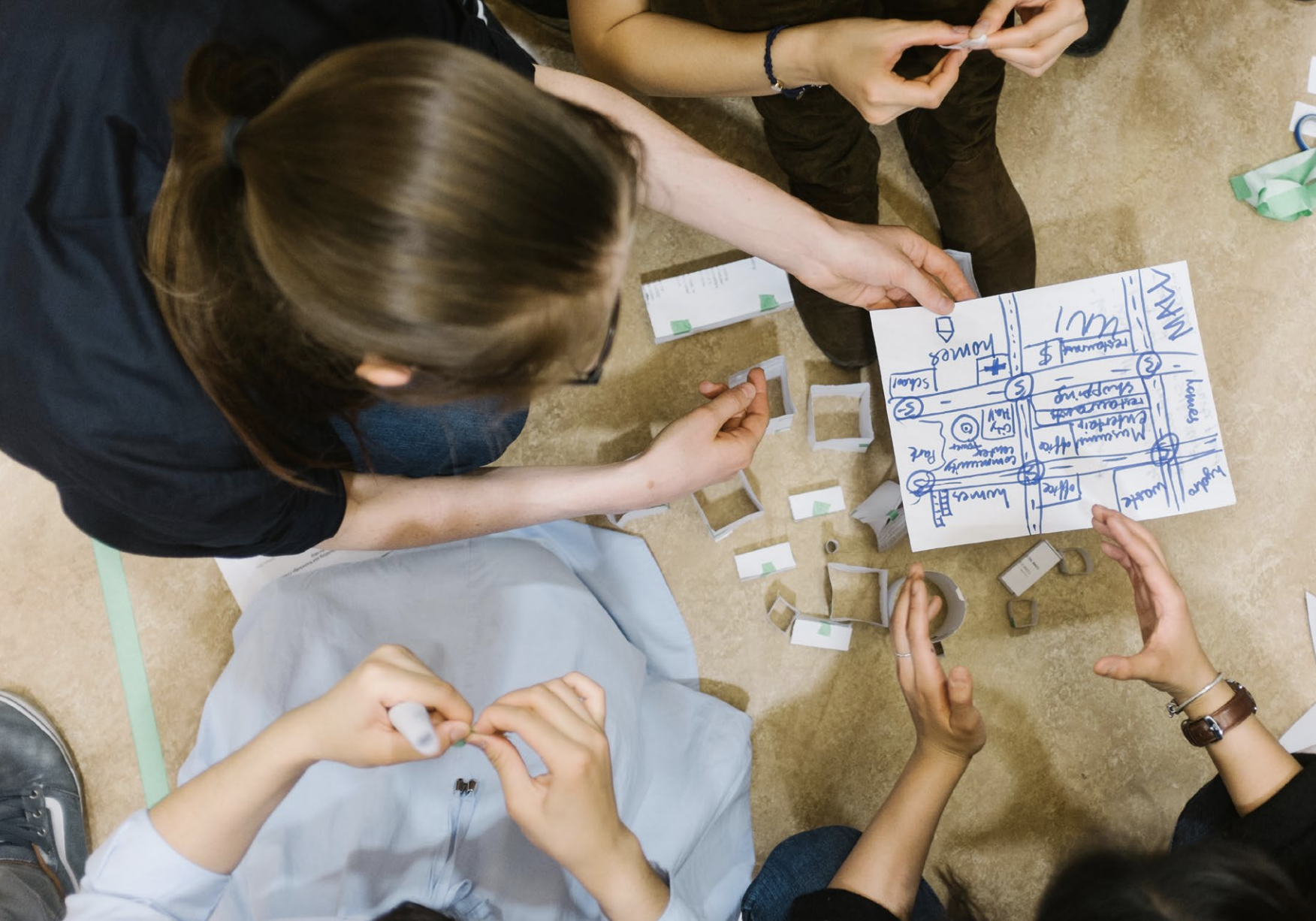
Successes
To date, we have successfully integrated the ethics and equity case study workshop into 9 undergraduate courses and our COP, through more than 30 workshops. We have supported the professional development of FASE instructors interested in using the cases into their own classes.
This work has led to invitations to serve on two NSF funded research projects on engineering ethics and equity. By invitation, we have also supported the University of Toronto's accreditation process, and the development of an ethics and equity course at Penn State.
Our case studies on ethics and equity are seeing widespread use and will be published in a forthcoming textbook by University of Toronto Press.
Funders
The Dean’s Engineering Instructional Innovation Program (EIIP) at the Faculty of Applied Science and Engineering has funded this project.
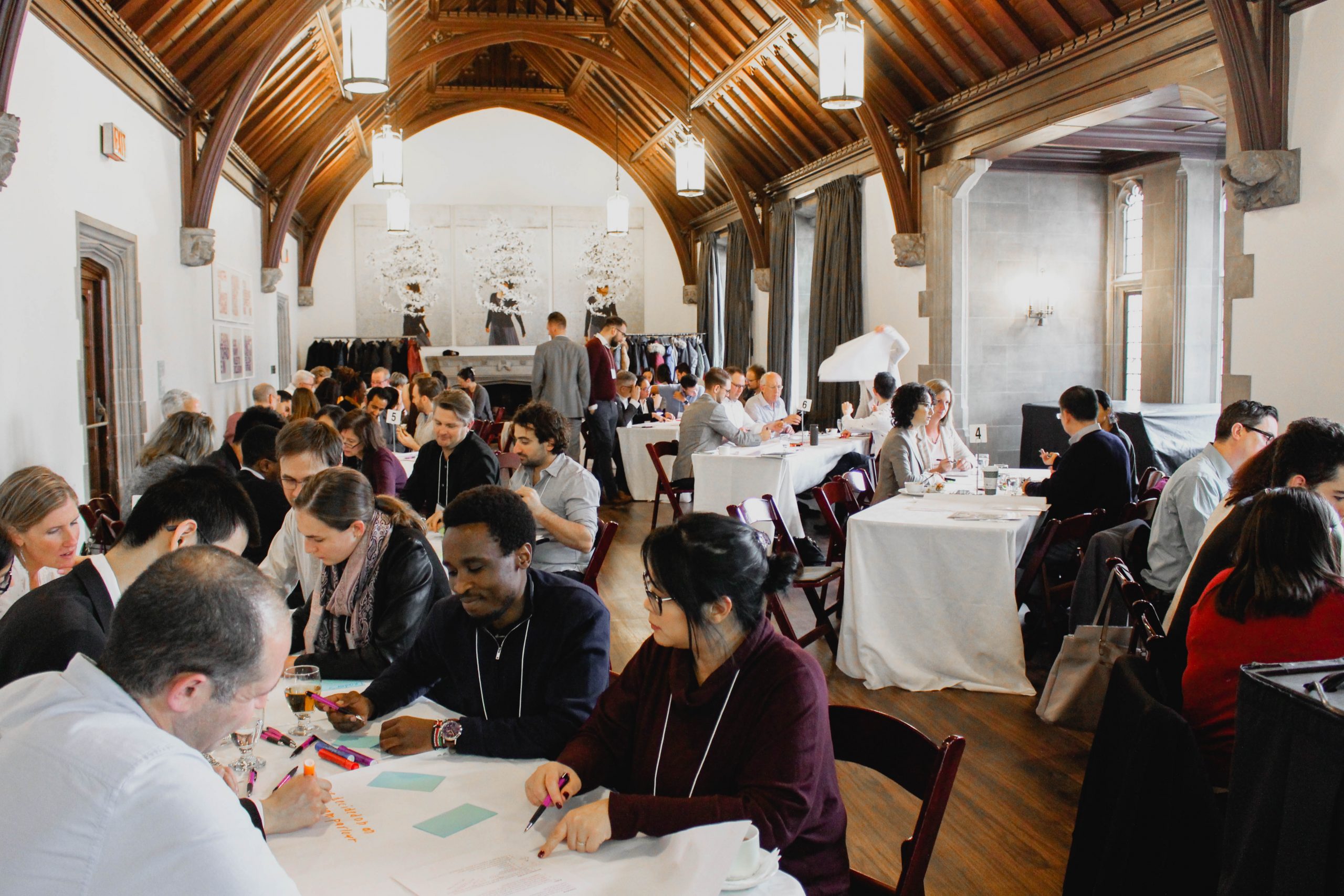
Putting ILead research to work to inspire engineering leadership in the classroom and beyond.
